What Happens When You Give Up Caffeine


Lowered Anxiety
Caffeine gives you a jolt of energy, but sometimes that jolt can mirror the symptoms of anxiety: jittery nervousness, heart palpitations, even feelings of panic. That’s your “fight or flight” response taking over. The less you take in, the less you trigger that response and the anxiety that comes with it.
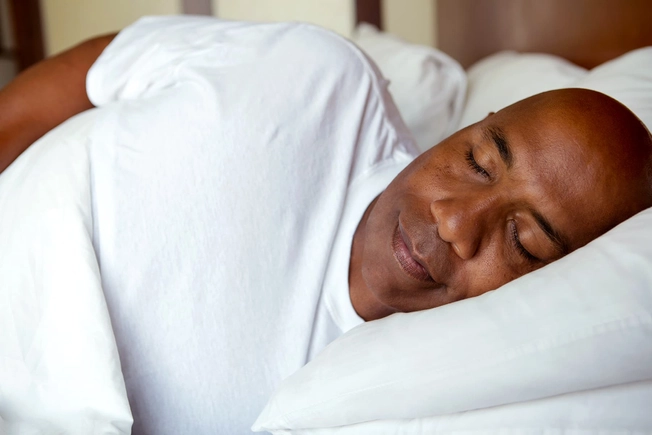
Better Sleep
Caffeine is a common choice for burning the midnight oil because it boosts alertness. So it makes sense that cutting it out makes for better ZZZs. In fact, if you throw back a caffeine drink even as many as 6 hours before bedtime, it can still bother your sleep.
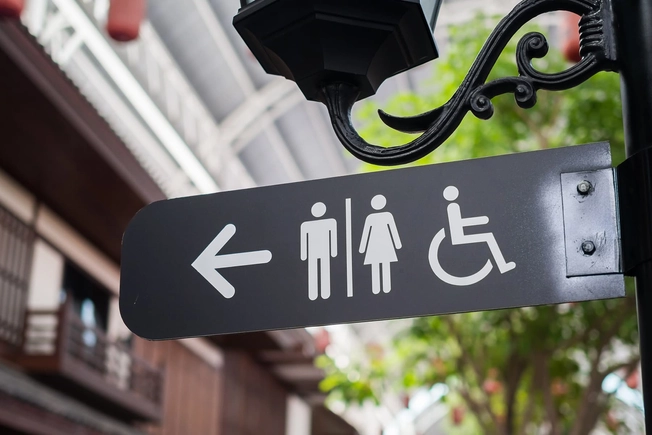
Fewer Bathroom Breaks
Caffeine can act like a laxative. This makes you need to go more -- and more often than not, what comes out is loose stools. If you scale back on coffee especially, it can cut down on trips to the loo and take your output back to normal.
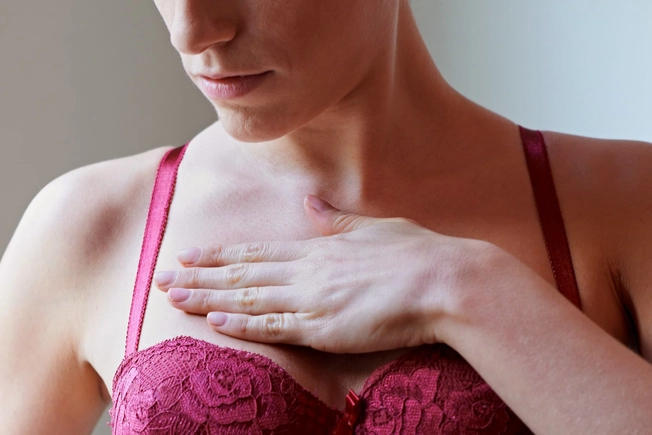
Less Breast Soreness
Although there aren’t studies to back up a link between caffeine and breast pain, many women say they feel less soreness when they take it out of their diet.
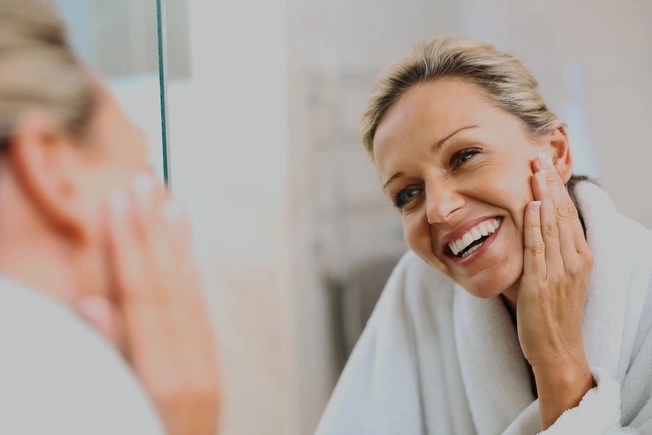
Slower Skin Aging
Caffeine slows down the rate at which your body makes collagen. This is a protein that gives your skin its tightness and elasticity. Once it drops, your skin starts to sag, and wrinkles appear. You make it more slowly as you age. So if you get rid of caffeine, it can help keep that aging process from speeding up.
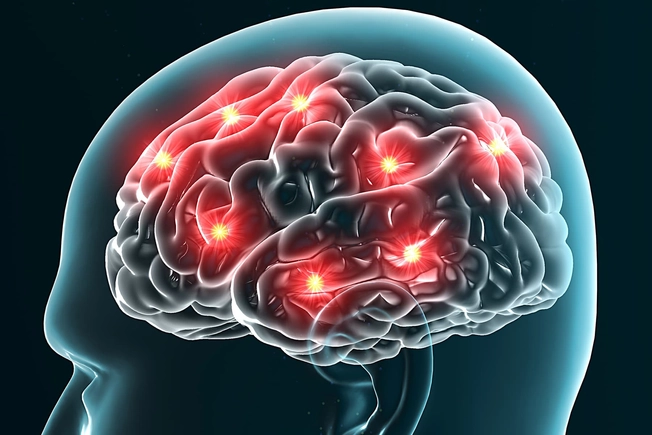
Dodging Dependence
Just like drugs, caffeine alters the chemistry of your brain if you take it in regularly over time. You can become dependent on it, too, and need more and more after a while just to feel the effects.
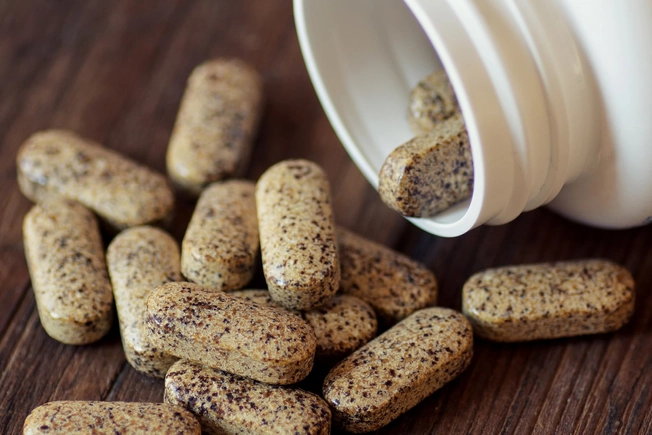
Better Nutrient Absorption
Large amounts of caffeine keep your body from taking in vitamins and minerals as it should. In fact, if you take a multivitamin with your morning cup of coffee, the caffeine could keep you from getting the benefits.
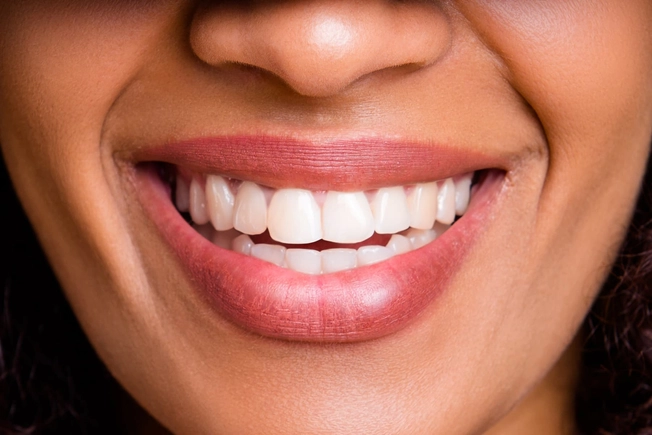
Stronger, Whiter Teeth
Coffee, soda, and tea are three of the most common caffeine delivery vehicles. All can stain your teeth with their acidity and color. Their caffeine also dries out your mouth. Saliva is a prime defense against bacteria, so the less you have, the higher the risk of tooth decay.
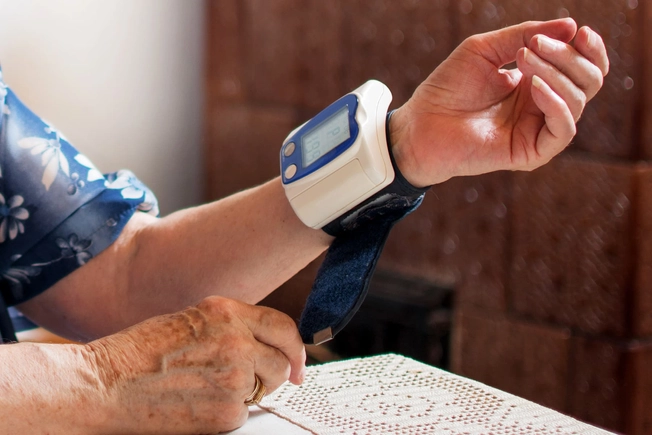
Lower Blood Pressure
Blood pressure spikes when you drink caffeine. Researchers think it might also keep your arteries from staying as wide as they should for healthy blood pressure. If you cut caffeine, you skip this blood pressure bump and potential complications along with it.
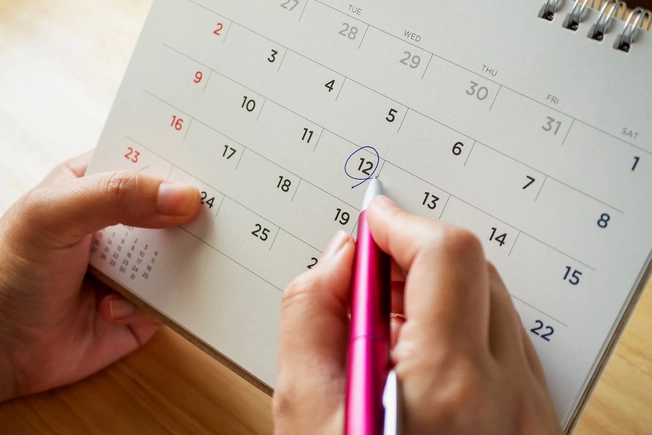
Withdrawal Symptoms
If caffeine is a big part of your daily diet, taking it away can have a host of unpleasant effects in the short term. These include headache, tiredness, sleepiness, down moods, trouble concentrating, and crankiness. You'll start to feel symptoms a day or two after you stop. They can last anywhere from 2 to 9 days.
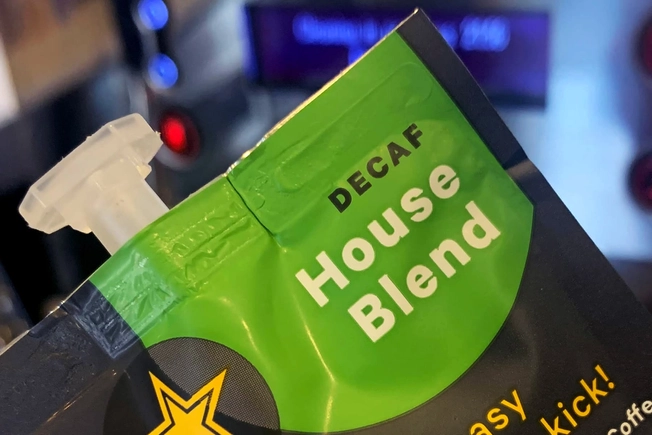
Tip: Don’t Quit Cold Turkey
A step-by-step approach is your best bet. To start, replace half of your morning cup of joe with decaf, for example. Switch out your caffeinated foods and drinks over time with caffeine-free options to help ease withdrawal symptoms.
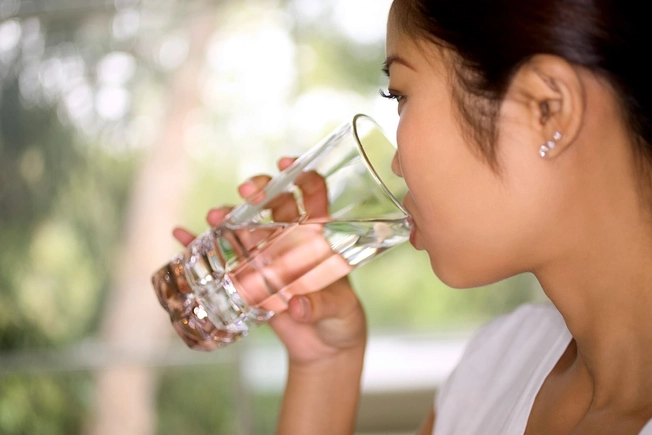
Tip: Hydrate and Rest
Keep the water coming when you give up caffeine. That plus plenty of sleep can help you sidestep many of the worst withdrawal symptoms.
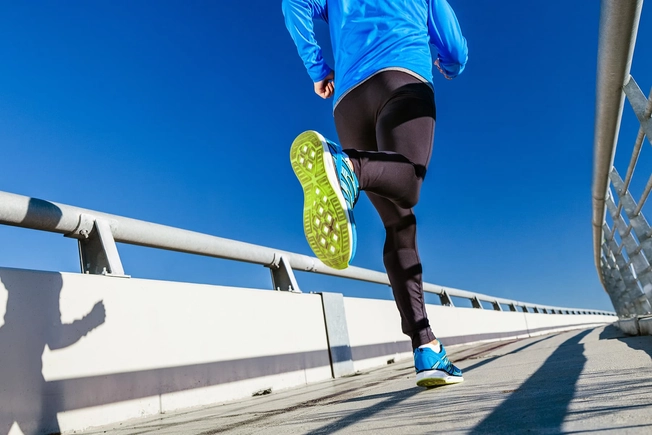
Tip: Exercise
A regular dose of exercise gives you the serotonin boost your body craves so you can skip the chemical crutch. It will lift your mood and help you sleep better, too. Both can help you thrive through your withdrawal phase.
